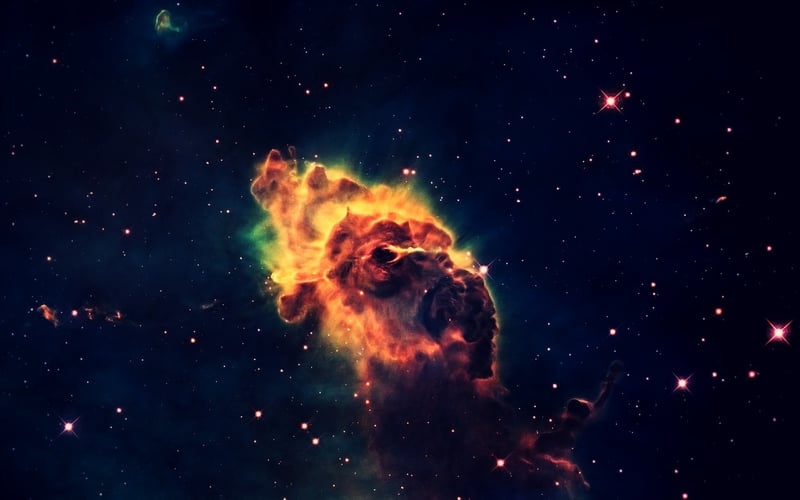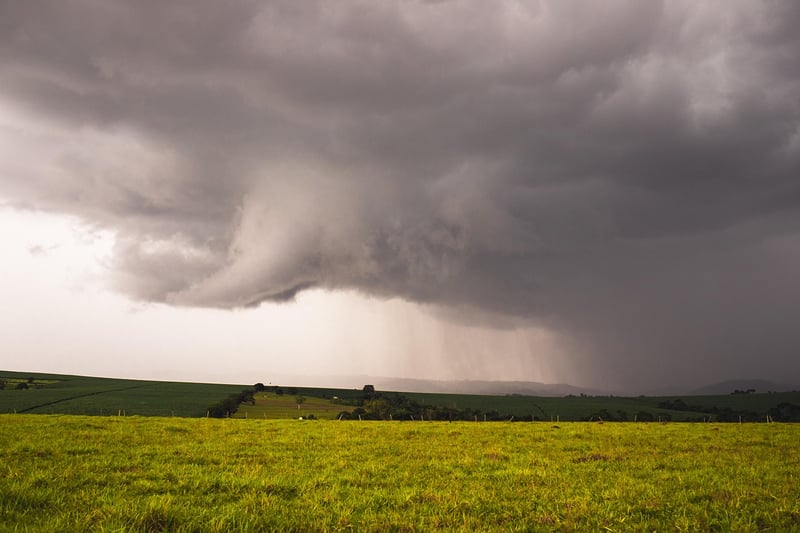Temporal Loops
The Fascinating World of Paradoxes and Temporal Loops
Paradoxes and temporal loops are intriguing concepts that challenge our understanding of time, space, and logic. Let's delve into these mind-bending ideas that have captured the imagination of scientists, philosophers, and storytellers alike.
What are Paradoxes?
Paradoxes are statements or situations that seem self-contradictory or absurd but may express a possible truth. They often defy common sense and challenge our logical reasoning. One famous example is the Grandfather Paradox, where a person travels back in time and prevents their grandparents from meeting, thus preventing their own birth.
Types of Paradoxes:
- Zeno's Paradoxes
- The Bootstrap Paradox
- The Barber Paradox
Exploring Temporal Loops
Temporal loops, also known as causal loops or time loops, are situations in which an event is its own cause. This creates a cycle of events with no clear beginning or end, raising questions about causality and free will. Temporal loops are commonly featured in science fiction stories such as "Looper" and "Groundhog Day".
Characteristics of Temporal Loops:
- Repetition of Events
- Alteration of Events
- Closed Causal Loops
Implications and Theories
Paradoxes and temporal loops raise profound questions about the nature of time, causality, and the universe itself. They have inspired various theories and hypotheses in physics, philosophy, and fiction, pushing the boundaries of human understanding.
Key Theories:
- Hawking's Chronology Protection Conjecture
- Novikov Self-Consistency Principle
- Wormhole Theories
As we continue to explore these fascinating concepts, the mysteries of paradoxes and temporal loops remind us of the boundless nature of human imagination and the ever-evolving quest for knowledge.


